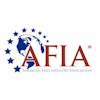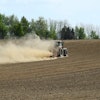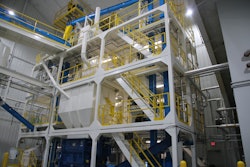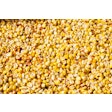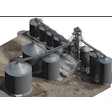The COVID-19 pandemic has reshaped how businesses operate and the American workforce in countless ways. One positive outcome for feed manufacturing equipment users is suppliers have increased investment in finished product and component inventories to be able to meet customer demand under any circumstances.
The panel discussion “Pandemic Lessons Learned to Help Manage Your Business Better in the Future,” at the 2023 Equipment Manufacturers Conference in Tucson, Arizona, highlighted key business decisions that leading feed manufacturing and grain handling equipment manufacturers made since the wake of COVID-19.
During the pandemic, manufacturers industry-wide dealt with component shortages, causing backups in production and customer deliveries. Today, many prioritize working closely with purchasing managers to monitor the lead times on component to avoid the risks associated with long lead times on parts deliveries.
Manufacturers of critical equipment, like feed trailers, also identified secondary suppliers for main components and strengthened their relationships with these suppliers. Panel moderator Nate Bingaman of D1 Resources said the pandemic taught businesses to prioritize risk management and plan for supply disruptions instead of waiting for them to become a problem.
“We all had alternatives to challenges, but we didn't always strengthen those relationships until we had to," Bingaman said. "Now we line up alternative suppliers and have developed those relationships, knowing what that next decision might be instead of waiting for it to become a problem.”
In other cases, the component shortage spurred an investment in reengineering products. For example, products like misalignment sensors and speed switches can be made with fewer electrical components to avoid delaying shipment of their products due to short supplies of electrical components.
The COVID-19 pandemic has prompted feed manufacturing equipment suppliers to address the component shortages experienced during the crisis by enhancing inventory stocks, diversifying supplier relationships and reengineering product offerings. A newly elevated priority on risk management highlights how suppliers have become more proactive as a result of lessons learned during COVID-19.

